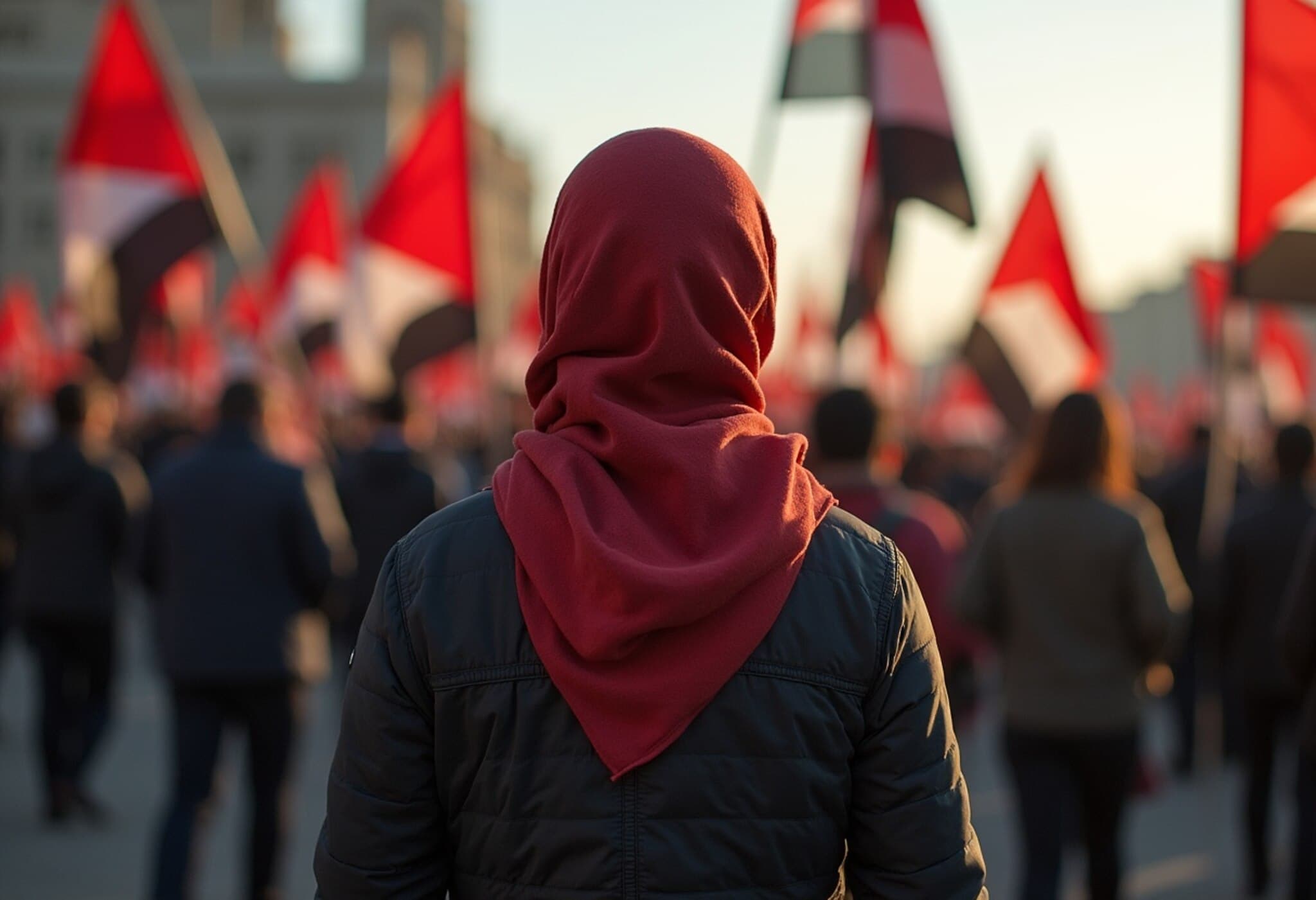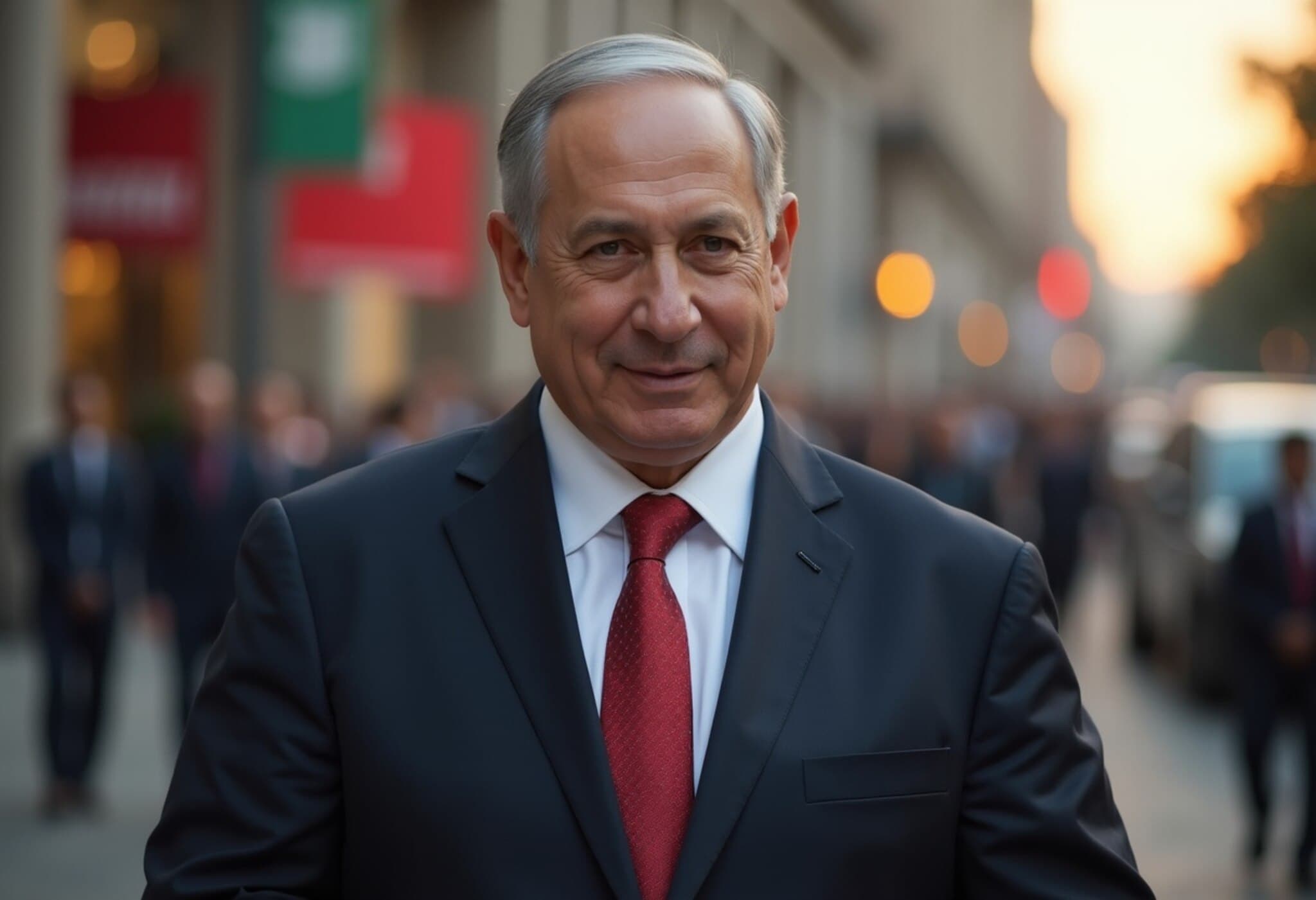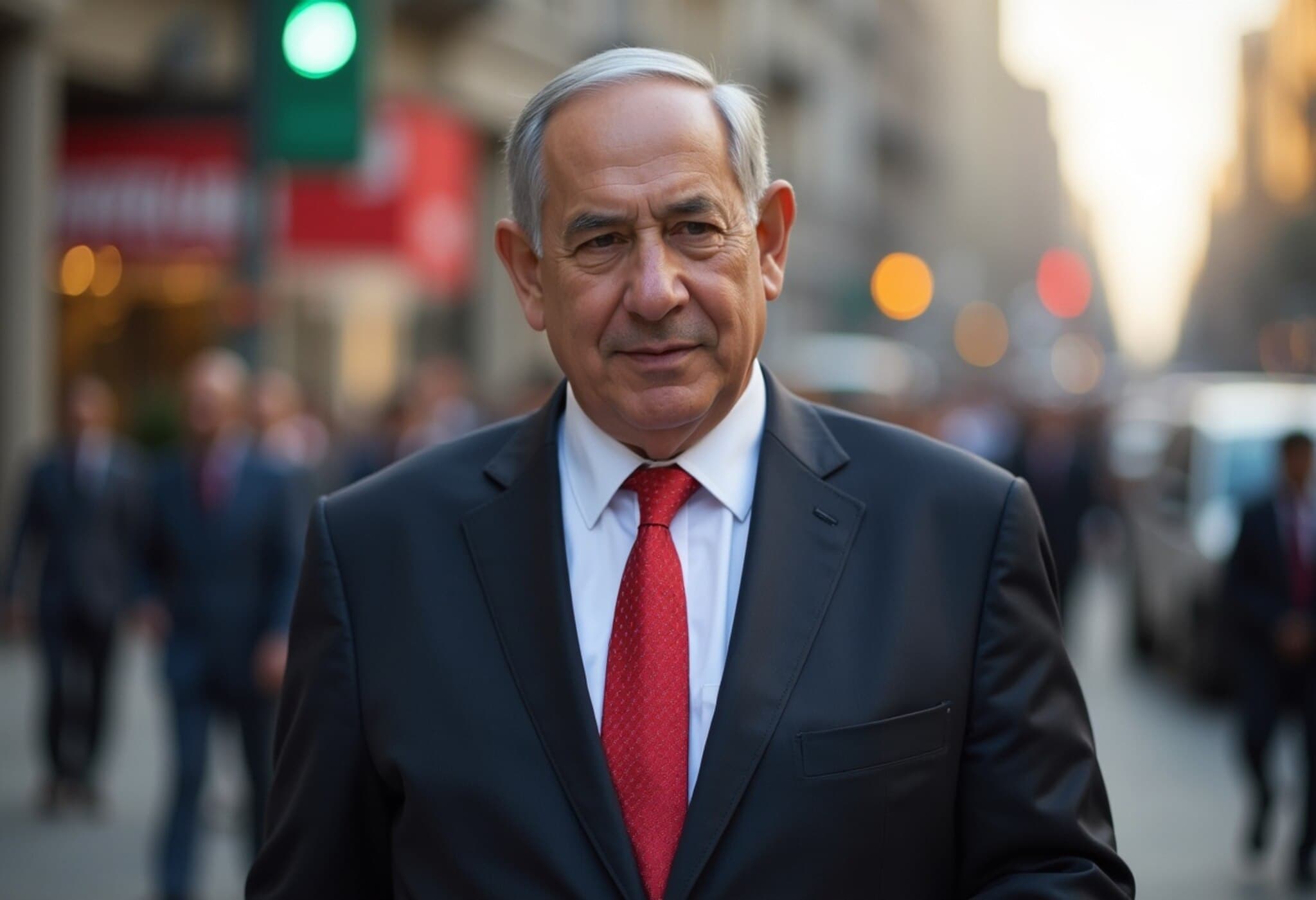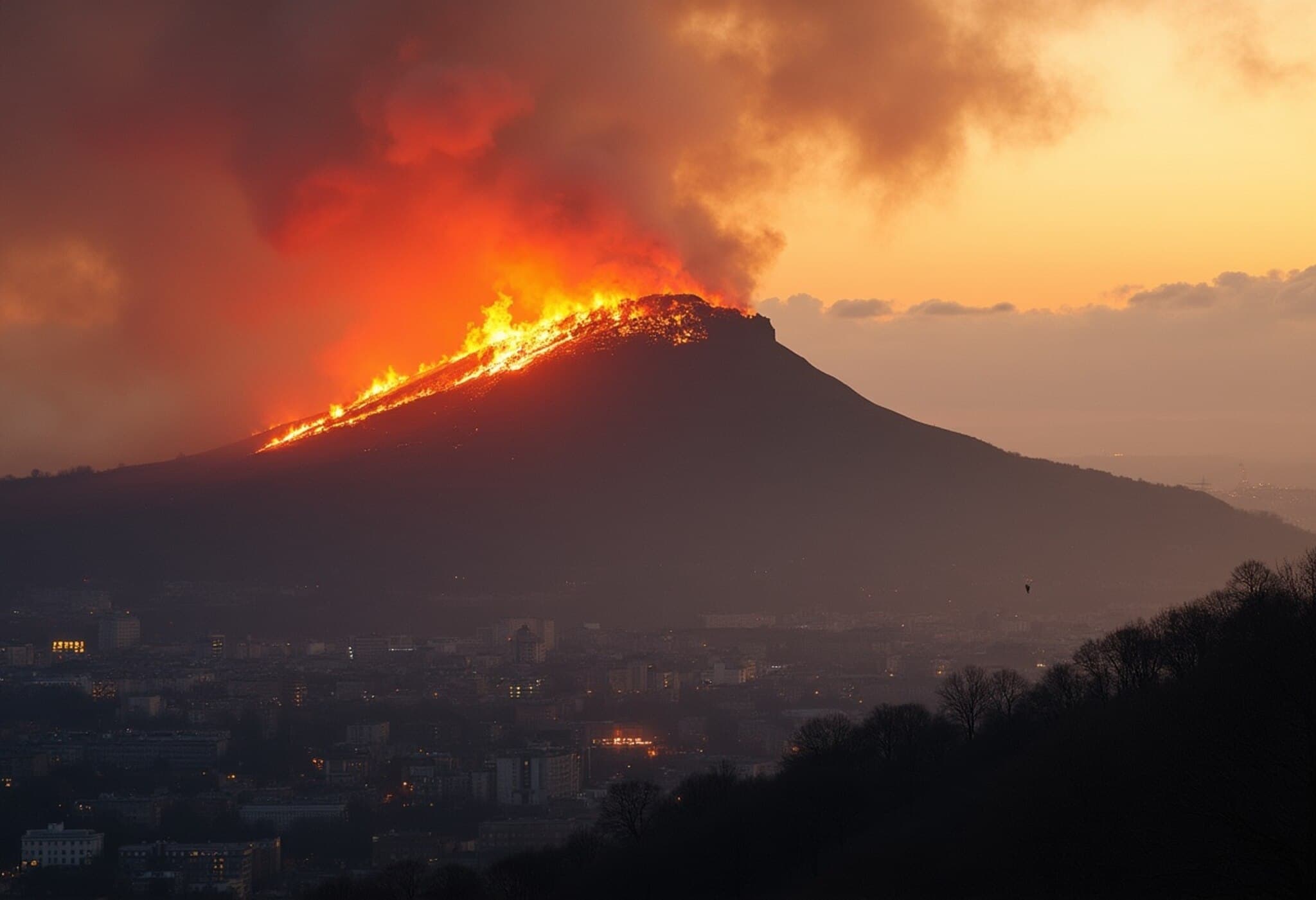Families of Hostages Demand Nationwide Strike as Gaza Conflict Intensifies
In a powerful demonstration of collective anguish and determination, families of Israeli hostages held in Gaza have announced plans for a nationwide general strike next Sunday. Their call to action aims to protest the Israeli government's recent decision to intensify its military campaign by expanding operations into Gaza City, a move fraught with risks for the remaining hostages.
Grassroots Movement Gains Momentum
The strike, organizers affirm, is emerging organically from the grassroots level. Private businesses and individual citizens alike are urged to suspend regular activities, aiming to exert economic pressure on the government to reconsider strategic decisions perceived as jeopardizing captive lives.
Within mere hours after the announcement, the October 7 Council—comprising families of soldiers killed in the initial days of the conflict—reported commitments from hundreds of companies and thousands of citizens planning to participate. This swift response highlights the deep societal unrest and solidarity with hostage families amidst ongoing hostilities.
Trade Unions Poised at a Crossroads
Despite the swelling support, Israel’s largest trade union, the Histadrut, has yet to declare its position. The hostage families intend to meet with Histadrut Chairman Arnon Bar-David to advocate for union participation, underscoring the potential power labor movements hold in influencing national policy through economic disruption.
Anat Angrest, mother to hostage Matan, voiced an emotional plea during a gathering in Tel Aviv: "Your silence is killing our children. I know your hearts are with us and in pain – but that is not enough. Silence kills. That is why I am here today to ask the heads of industry: you have the power." Angrest's words encapsulate the raw pain and urgent hope driving this campaign.
Historical Context and Political Dimensions
Just last year, the Histadrut orchestrated a general strike supporting hostage families after tragic losses. The strike crippled key sectors including transport, banking, and healthcare, yet faced government opposition framed as a politicized move—and was challenged in labor courts.
While the current strike call has seen official silence from Histadrut, opposition political figures have expressed unequivocal support. Yair Lapid, opposition leader, described the strike as "justified and appropriate," whereas Yair Golan of the Democrats party urged all citizens who cherish life and mutual responsibility to join in, stressing the act of striking as a form of resistance against governmental decisions perceived as endangering lives.
Government Stance and Strategic Decisions
The strike request comes in the wake of the Israeli security cabinet's Friday approval to expand military campaigns into Gaza City. This decision has met with growing concern from families of approximately 50 hostages still captive—some 20 believed alive—who warn the expansion could exacerbate risks to those held.
In a Sunday press briefing, Prime Minister Benjamin Netanyahu defended the operation emphatically: "Contrary to false claims, this is the best way to end the war and the best way to end it speedily." His statement underscores the government’s strategic calculus, prioritizing swift conflict resolution even amid critiques around hostage safety.
Expert Commentary: Economic Leverage in Conflict Times
Historically, labor strikes and economic shutdowns have wielded significant influence in shaping public policy, especially during crises. In Israel’s case, the strike transcends mere economic disruption; it symbolizes patriotic urgency channeled by those most intimately affected. It forces policymakers to weigh the moral and tactical implications of military intensification against the human toll on hostages’ families and the broader civilian population.
Underreported Perspectives and Broader Implications
- The voices of hostage families often remain shadowed by official military narratives. Their emerging influence reveals fractures within national consensus about how best to resolve the conflict.
- The strike highlights tensions between the government and civil society, raising questions about democratic responsiveness under wartime pressures.
- Economically, should the strike materialize on a large scale, disruptions may extend beyond immediate sectors, impacting financial markets and international perceptions of stability in the region.
What’s Next: A Nation at a Crossroads
As the strike date approaches, several pivotal factors remain on the horizon:
- Whether the Histadrut will join could prove decisive in amplifying the strike’s impact.
- Government reactions to the strike—whether conciliatory or confrontational—will influence future civil-military relations.
- International observers and mediators may find themselves navigating an increasingly complex humanitarian and political terrain, as public dissent in Israel grows more vocal and organized.
This developing situation encapsulates the profound human dimensions of a conflict often reduced to geopolitical chess. Through their courage and outrage, hostage families are reminding the nation — and the world — that behind every strategic decision lies vulnerable human lives.
Editor’s Note: This strike call by hostage families in Israel reveals the intricate interplay between national security priorities and the human cost of war. As economic pressure mounts, the government faces a critical question: how to balance aggressive military objectives with the duty to protect its citizens, both at home and in captivity. For readers, this serves as a poignant reminder of the tangible human stakes in decisions often perceived as abstract strategic maneuvers. Engagement with these voices is essential for a holistic understanding of the ongoing crisis.



















